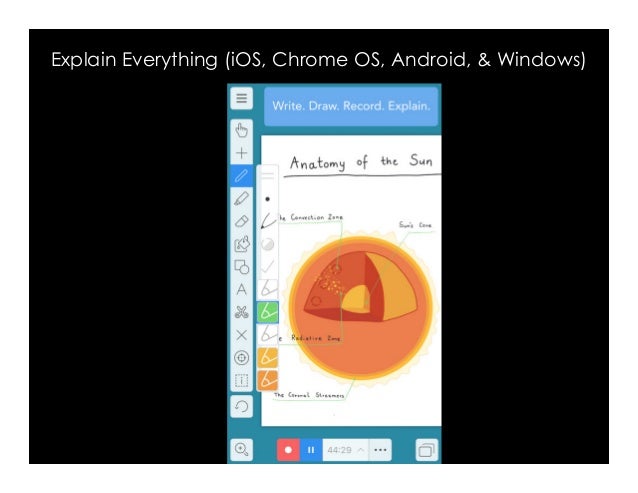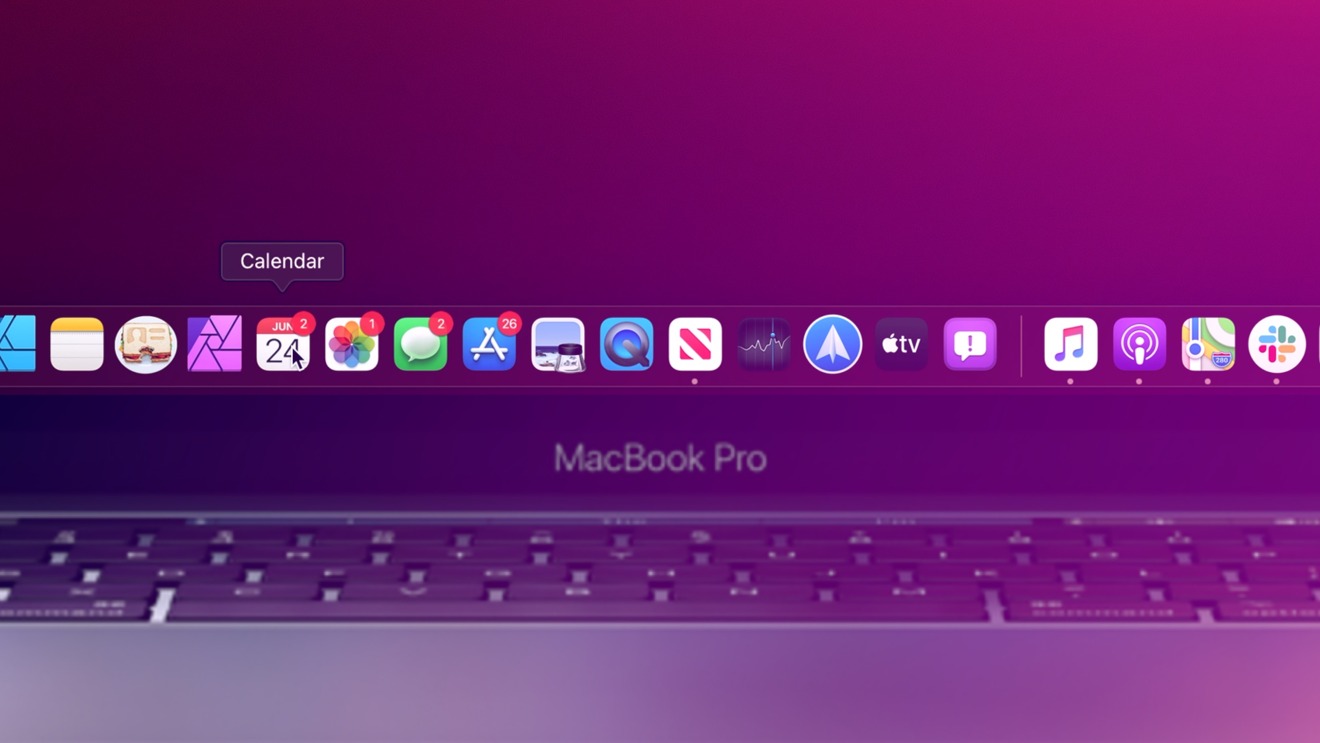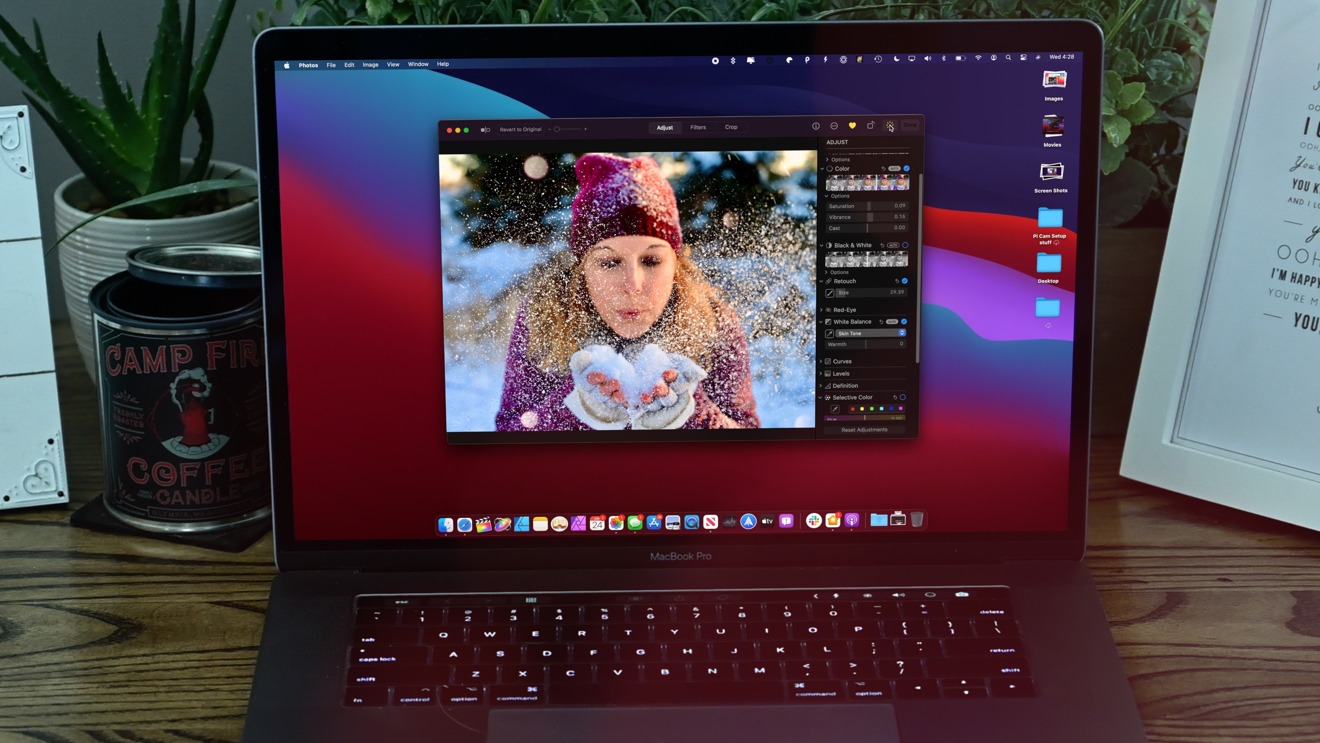Mac OS X Versions up to Now
Mac OS X Version | Codename | Release date |
Server 1.0 | Hera | March 16, 1999 |
10.0 | Cheetah | March 24, 2001 |
10.1 | Puma | September 25, 2001 |
10.2 | Jaguar | August 24, 2002 |
10.3 | Panther | October 24, 2003 |
10.4 | Tiger | April 29, 2005 |
10.5 | Leopard | October 26, 2007 |
10.6 | Snow Leopard | August 28, 2009 |
10.7 | Lion | July 20, 2011 |
10.8 | Mountain Lion | July 25, 2012 |
10.9 | Mavericks | October 22, 2013 |
10.10 | Yosemite | Fall 2014 |
10.11 | El Capitan | September 30, 2015 |
macOS Sierra | Sep. 20, 2016 | |
macOS | Autumn, 2017 |

- MacOS Big Sur elevates the most advanced desktop operating system in the world to a new level of power and beauty. Experience Mac to the fullest with a refined new design. Enjoy the biggest Safari update ever. Discover new features for Maps and Messages.
- 1 day ago Yesterday, I prepared my M1-based Mac Mini for return to Apple and was reminded of how terrible this process is on Apple’s desktop platform. And as is so often the case, the M1 chipset breaks.
If you want a system which is open source in nature, then I suggest you use Linux as it comes with free and lots of open source software.But for the office environment, you better go with Windows OS as it provides enterprise level office suite software.On the other hand, Mac OS is suitable for high-end media or graphics tasking like Web-Design, UX & UI Design, Product Design, Sound Editing. The current Mac operating system is macOS, originally named 'Mac OS X' until 2012 and then 'OS X' until 2016. Developed between 1997 and 2001 after Apple's purchase of NeXT, Mac OS X brought an entirely new architecture based on NeXTSTEP, a Unix system, that eliminated many of the technical challenges that the classic Mac OS faced.
From the table, you can see Apple insists on continuously surpassing itself that promptly upgrades its OS X nearly every one or two years and each OS X upgrade brings you a better combination of your software and hardware on Mac computer. An obvious example is that using DVD ripper to rip and copy DVD on your MacBook Air, MacBook Pro or iMac is seemingly much quicker and easier with the enhanced OS X. And when you apply MacX YouTube Downloader to download YouTube video on Mac, you can also find the YouTube downloader works seamlessly with your Mac to jointly aid you to effortlessly download YouTube video on Mac with amazing fast speed up to 83X faster.
When Apple introduced the Macintosh on Jan. 24, 1984, it wasn't the first computer to sport a graphical user interface (GUI) on top of its operating system (OS), but it was an early success in the consumer market. At the time, most consumer computers used text-based command lines. Computer owners had to learn numerous commands to navigate file systems and run applications. The Macintosh GUI seemed like a big leap ahead -- so much so that other companies began to invest in creating their own GUI OS.
A quick glimpse at today's Mac OS X reveals that the GUI is stronger than ever. But the current Mac operating system owes a lot to other computer projects, some of which weren't under Apple's leadership. To understand how OS X works, you have to know its history.
Advertisement


Advertisement

Shortly after the debut of the Macintosh there was a power struggle in the executive levels of leadership at Apple. Co-founder Steve Jobs found himself pushed to the edges of the company and eventually resigned. In 1988, Jobs went on to spearhead a project he called the NeXT Computer, which ran on an operating system called NEXTSTEP. Meanwhile, Apple continued to develop the Mac operating system.
Ultimately, NeXT received little traction in the computer market, though it was used in some high-profile applications. For example, World Wide Web founder Tim Berners Lee designed the first Web page using a NeXT computer [source: CERN]. And the executive power struggle at Apple continued as the company struggled to remain relevant. It was facing stiff competition with Microsoft's Windows OS. Apple executives considered purchasing or leasing an operating system from several different sources, including IBM. Ultimately, a phone call from Steve Jobs to Apple convinced the company to acquire NeXT in order to use its OS in Mac computers. This meant Steve Jobs was once again part of Apple.

Explain Everything Mac Os Versions
Apple began to incorporate NeXT technology with the Mac OS. Apple also began to integrate features from a failed internal OS project codenamed Copland. In September 1997, Jobs became the interim CEO of Apple. A year later, he announced that Mac OS X -- the 10th generation of the Macintosh operating system -- would debut in 1999. On March 16 of that year, Jobs revealed the first build of Mac OS X to a group of developers. While the technical name for the operating system is Mac OS X 10.0, the company gave it the codename Cheetah. Since that first release, all OS X versions have a big-cat nickname. The most recent version as of the writing of this article is Mac OS X 10.7, also known as Lion.
Explain Everything Mac Os Recovery Tool
Now that we've got some basic history out of the way, let's take a quick look at what operating systems actually do.
